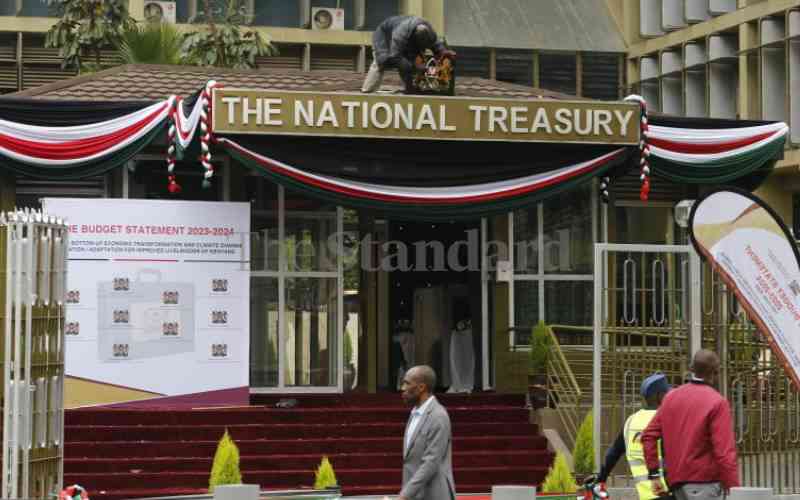×
The Standard e-Paper
Smart Minds Choose Us

A severe cash crunch has hit counties resulting in interruption of essential services and salary delays.
Governors have attributed the financial crisis to the failure of the Exchequer to release funds to counties on time.